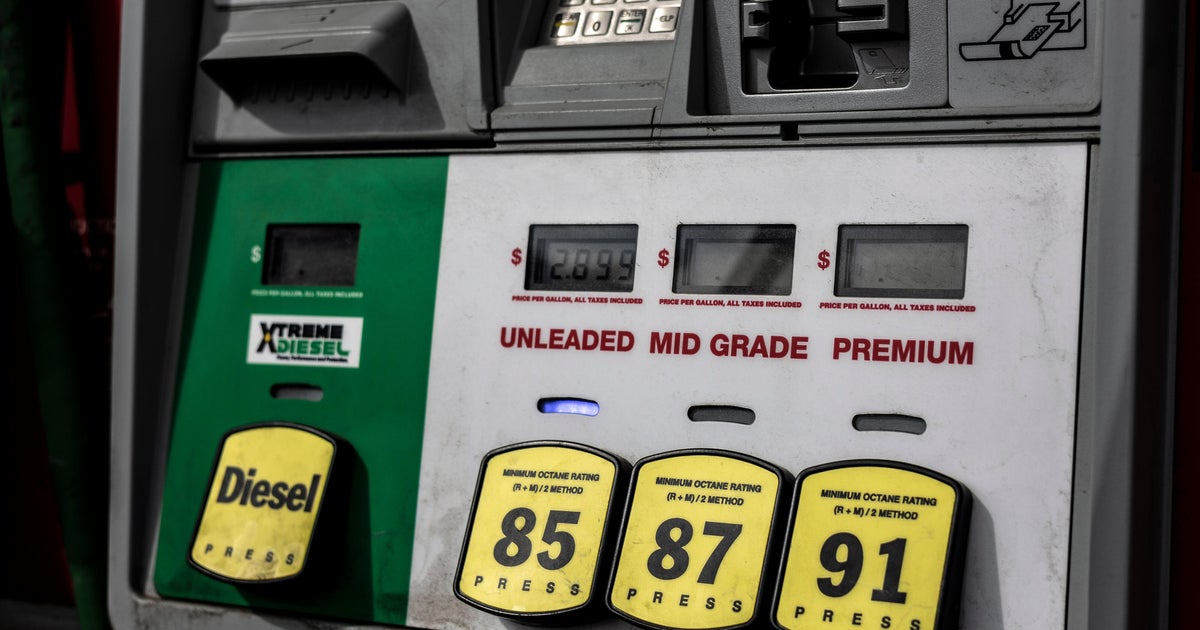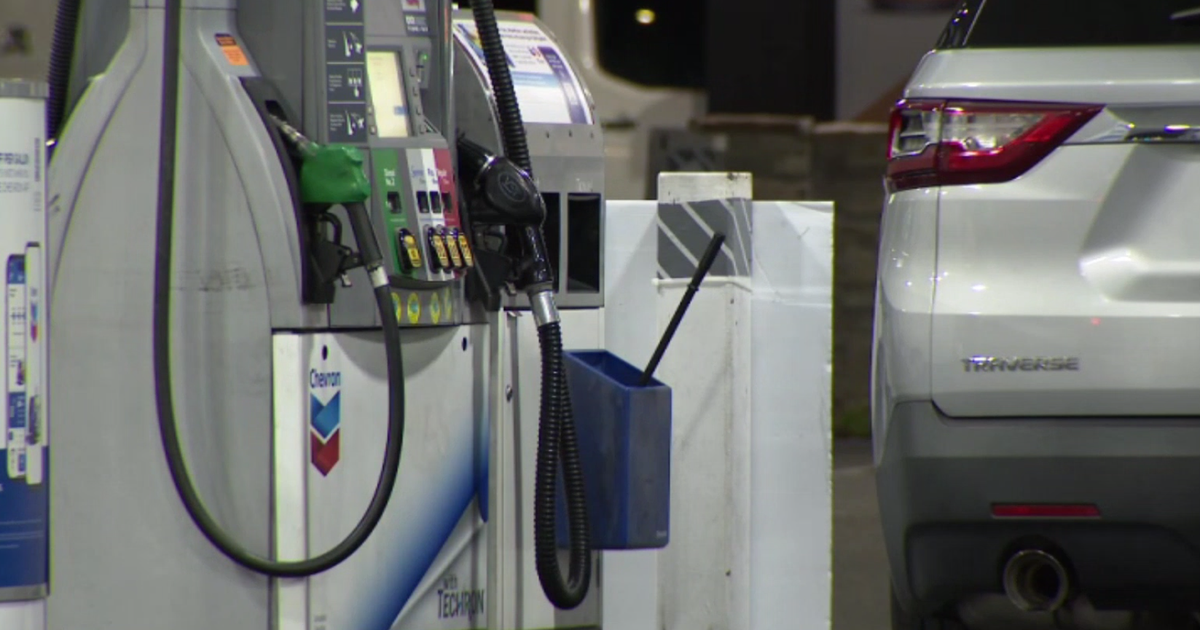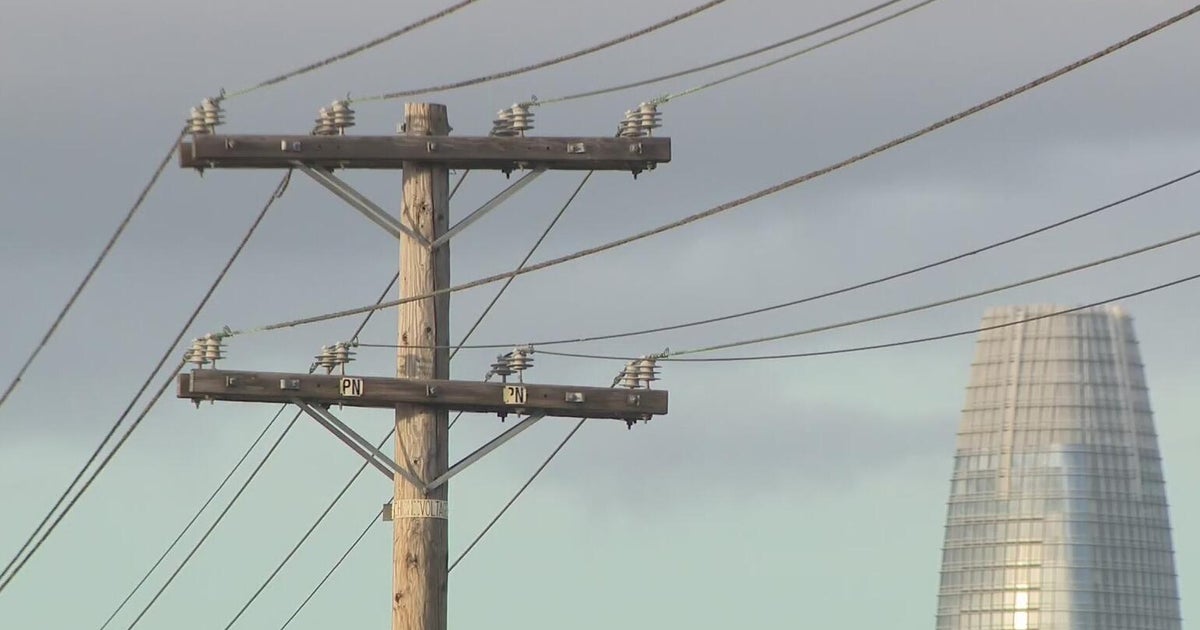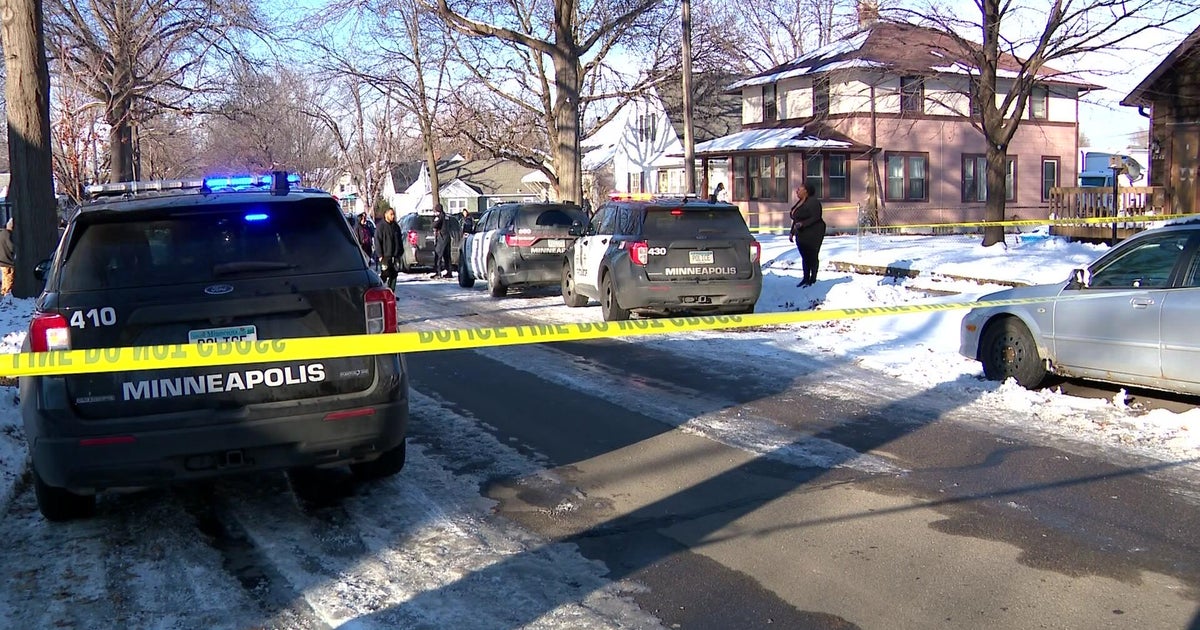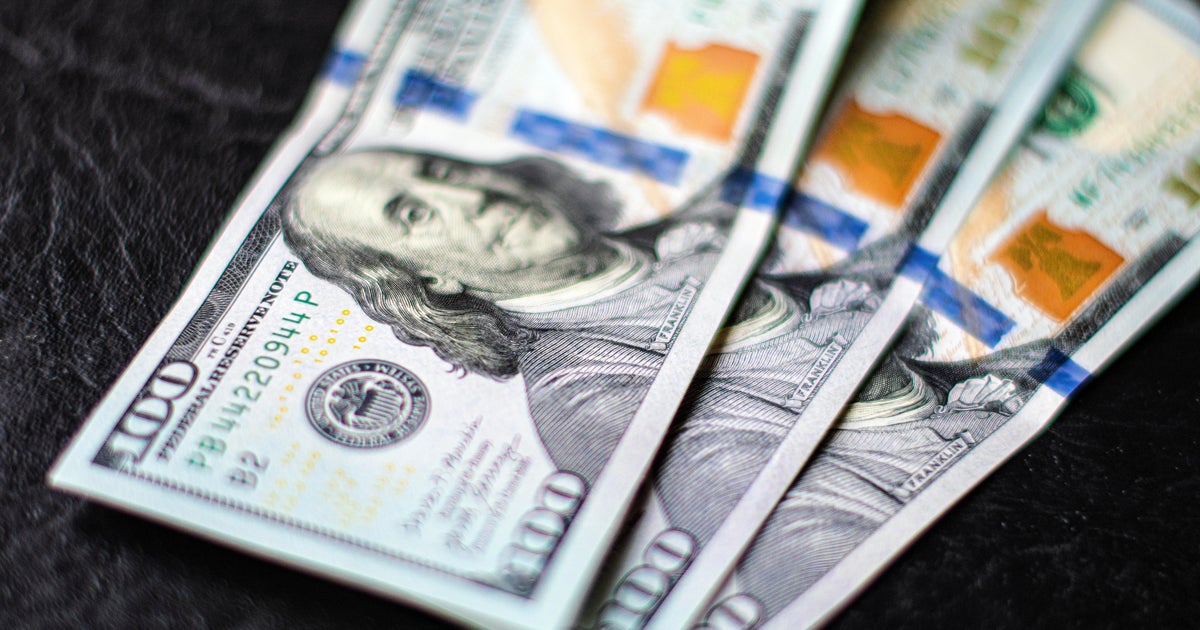Good Question: Who Sets The Price At The Pump?
MINNEAPOLIS (WCCO) -- With gasoline prices knocking on the $4/gallon mark in the Twin Cities, consumers are looking for someone to blame. But when the price jumps in a day, who makes the call? Who sets gas prices?
As much as we'd like to blame the oil companies, the refineries or the distributors, "they don't tell me how much to charge," said Rick Bohnen, the owner of a Mobil and BP at 60th Street and Penn Avenue in Minneapolis.
"That would be price fixing," Bohnen said if he were to get an email from the oil companies setting the price.
So who sets it? The individual gas station owners decide what to charge, according to Bohnen.
If a store is owned by a corporation, the corporation sets the price. That's partly of why one Holiday may charge more than another -- it has to do with competition in the area and the property taxes in that town, he said.
The biggest factor, according to both Bohnen and Steve Williams, owner of Bobby & Steve's Auto World, "The neighbor, the competitor down the street," said Williams.
"This store leader here is required to go by the competition, twice a day just to make sure they haven't dropped or risen" the price, he explained.
"You can't afford to be 10 cents higher than the guy down the street. You just will not sell it," said Bohnen.
Every day a station gets emailed the wholesale cost for a gallon of gas, for reference. They use that number and then add on about 11 or 12 cents to try to figure out what their ideal price point would be.
But the reality of what consumers pay at the pump has little to do with the literal cost of the gas in the ground.
"It's all reacting to the competition," said Williams.
Many Holiday and SuperAmerica gas stations are owned by the corporation. Historically, according to Williams and Bohnen, they tend to raise and lower their prices first.
"When they move ... the smaller chains will follow," said Williams.
Bohnen said there's no restriction on changing prices multiple times in a day. So how long does it take for one company to make the move and the others to follow?
"When you're on the street every day, you just get a feeling that something's happening. It can take 10 minutes, 15, 20 minutes. Never more than half-a-day," said Bohnen.
